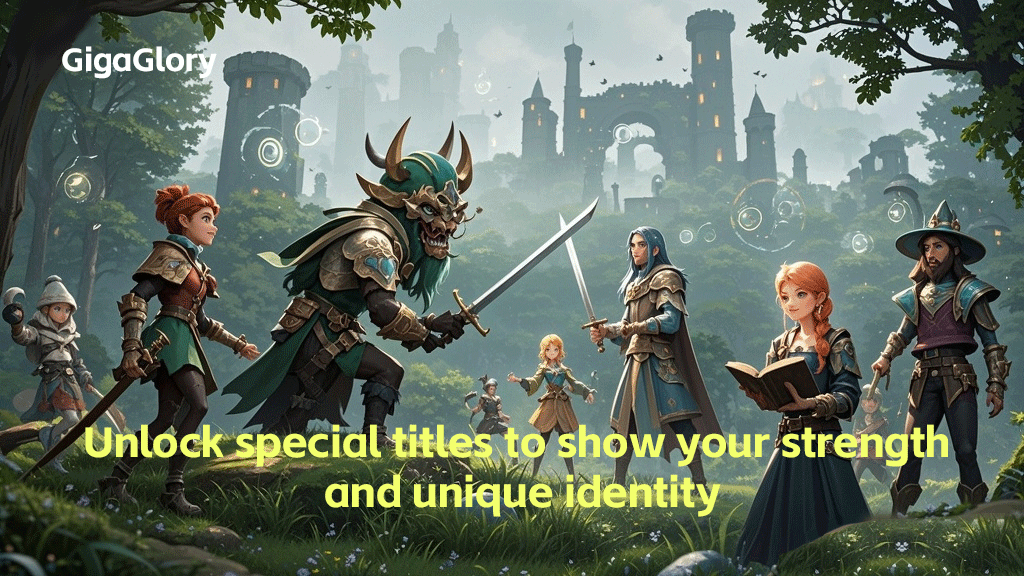Unlocking Fun: How Adventure Games and Puzzle Games Create Unforgettable Experiences
In the ever-evolving world of gaming, adventure games and puzzle games stand out as two of the most engaging genres. Both types offer players unique challenges and opportunities for exploration, often leading to unforgettable experiences that linger long after the game is over.
The Allure of Adventure Games
Adventure games transport players to new worlds filled with mysteries and quests. These games typically emphasize narrative and character development, allowing players to immerse themselves in rich storylines. Here are some key features that make adventure games so captivating:
- Exploration: Players can discover vast environments, from ancient ruins to futuristic cities.
- Character Interaction: Engaging with various characters can change the course of the story, creating a unique experience each time.
- Problem-Solving: Players must often think critically to overcome obstacles, enhancing their cognitive skills.
| Popular Adventure Games | Release Year |
|---|---|
| The Legend of Zelda: Breath of the Wild | 2017 |
| Life is Strange | 2015 |
| Firewatch | 2016 |
Challenges of Puzzle Games
Puzzle games, on the other hand, are all about mental challenges and brain teasers. They often require players to solve problems using logic and pattern recognition. Their appeal lies in the sense of accomplishment that comes with overcoming tough challenges. Key aspects include:
- Variety of Challenges: From word puzzles to spatial reasoning games, the diversity keeps players engaged.
- Progress Tracking: Many puzzle games offer a clear sense of progression, rewarding players for completing levels.
- Social components: Some games allow players to compete or collaborate with friends, adding a social dimension to the experience.
The Role of Community: Clan Level Games
In games like *Clash of Clans*, clan mechanics introduce social interaction into the mix. Players can form clans that engage in cooperative battles and strategies. This not only enhances gameplay but also builds a sense of community. When we look closely at clan level 2 Clash of Clans, it becomes evident how these dynamics work:
- Teamwork: Success in clan wars requires collaboration, making strategy discussions vital.
- Rewards: Clans earn trophies and resources that contribute to individual progress, creating a win-win situation.
- Social Interaction: Members can chat, share strategies, and celebrate victories together, enhancing the overall experience.
The Evolution of War Games
With a nod to historical events, one may ponder, “when was the last war game real?”. While the answer may unveil numerous interpretations — from actual war simulations to strategy games inspired by historical conflicts — it’s clear that the essence of leadership and teamwork present in war games continues to shape both adventure and puzzle categories.
Ultimately, each genre harnesses unique elements to create engaging experiences. Whether you find joy in unraveling the intricacies of puzzle games or embarking on thrilling quests in adventure games, the gaming world is rich with options. Adventure and puzzle games not only challenge our minds but also forge connections, inspiring memories that last a lifetime.
Conclusion
In summary, both adventure games and puzzle games play a significant role in crafting unforgettable experiences. They captivate players through intricate narratives, challenging puzzles, and engaging social structures. This blend not only enhances player enjoyment but fosters community and companionship among gamers, illustrating that the joy of gaming transcends mere entertainment. So, dive into these worlds and embrace the adventures that await!


